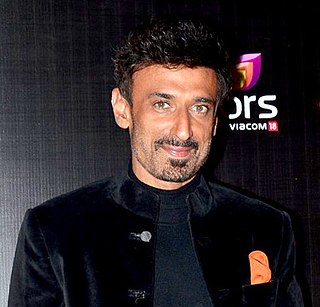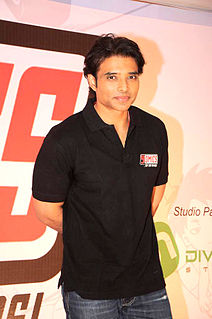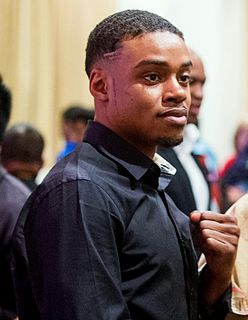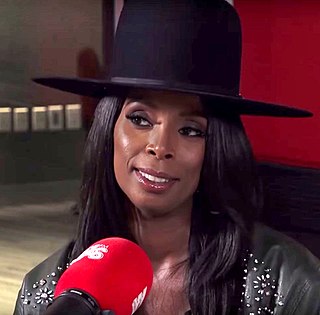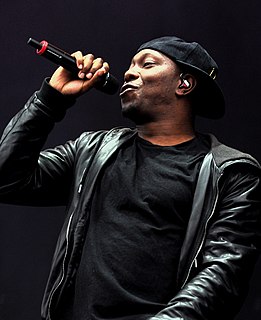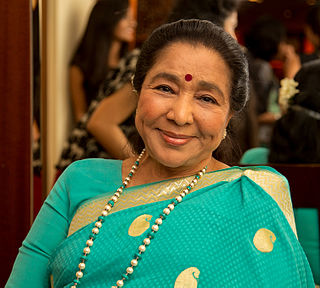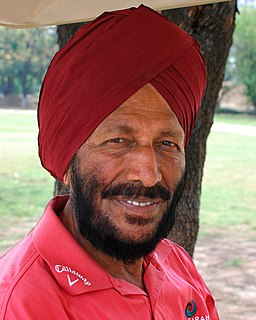A Quote by Rahul Dev
Padam Kumar is a technically sound director, very contemporary.
Quote Topics
Related Quotes
As a director, I have to do everything. As an actor, I'm just worried about one role, that's it. As a director, everything is important. Everything is something you have to be very detailed and specific about in telling a story. So for me, the job is far greater than just being the actor, there's a lot more responsibility creatively, technically.
Film’s thought of as a director’s medium because the director creates the end product that appears on the screen. It’s that stupid auteur theory again, that the director is the author of the film. But what does the director shoot-the telephone book? Writers became much more important when sound came in, but they’ve had to put up a valiant fight to get the credit they deserve.
I love to publish new writers, and we do so consistently. But a lot of contemporary American poets sound alike to me. They want to bring spoken, prosy language into poetry and I understand that desire. But they don't edit. It's not very curated work. It seems very lackluster, very uncareful. It may be the un-carefulness is also something they intend but there's a kind of "So what?" quality to a lot of it.
If you're a certain type of actor, then eventually stepping into a director's shoes is a natural transition. I've always been the actor who's very focused on the narrative, where my character is in the story, and how I can benefit the story. I've always had a technical aspect of what the lens is, how the camera is going to move, how I can feed the information the director applies within that move. If you're that type of actor, narrative-based, technically proficient, the next step is actually not that far.
